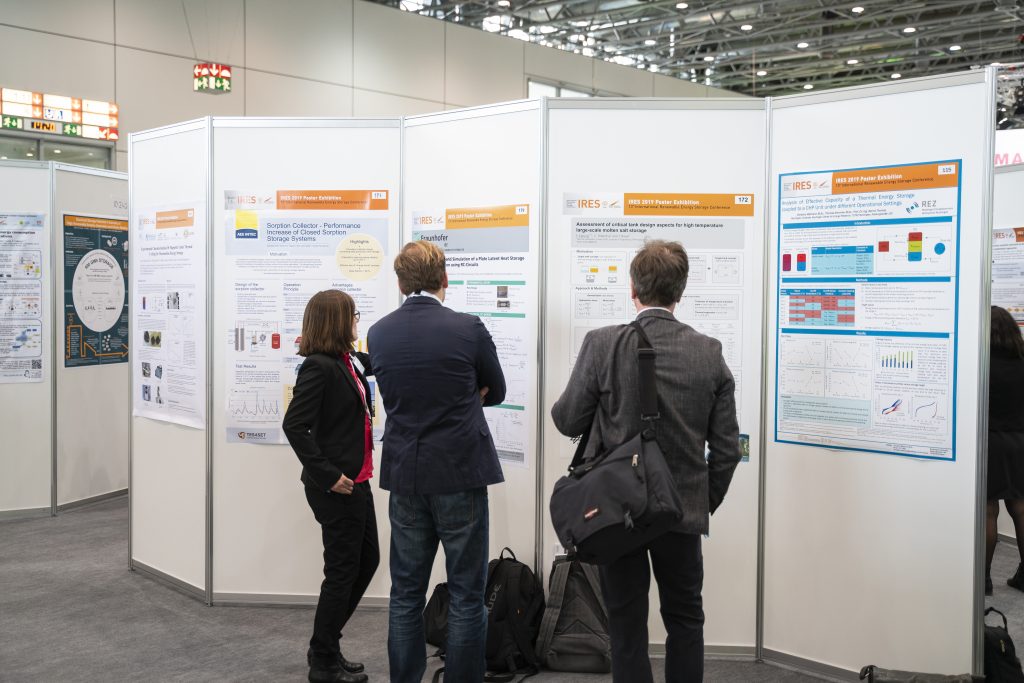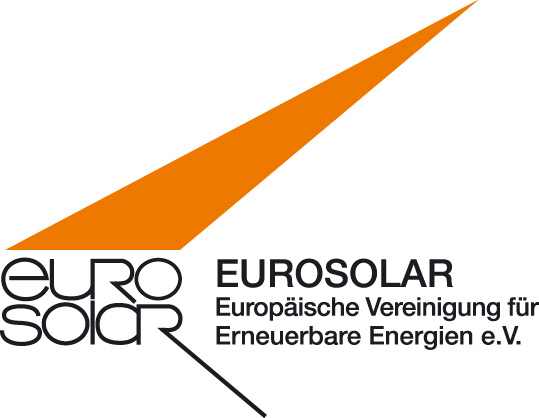International Renewable Energy Storage and Systems Conference (IRES 2022) Topics
The IRES 2022 conference will focus on storage in the dynamic and rapidly changing context of distributed renewable energy systems and their advanced ability to link both energy and user/producer communities: Energy storage and sector coupling: connecting the mobility, transport, thermal and power sectors.
Authors are invited to submit research and project abstracts addressing the following storage related topics for the IRES Conference:

STORAGE TECHNOLOGIES
NETWORKS AND SYSTEMS
SYSTEM ANALYSIS AND PLANNING
STORAGE IN DISTRIBUTED SMART ENERGY RESOURCES AND MANAGEMENT SYSTEMS (DER and DERMS)
STORAGE IN INDUSTRY AND INDUSTRIAL PRODUCTION AND PROCESSES
STORAGE OPPORTUNITIES SPECIFIC TO EMERGING COUNTRIES
STORAGE CITIES: MUNICIPAL ENERGY SUPPLY AND STORAGES
STORAGE STORIES: WORLDWIDE ENERGY STORAGE CASE STUDIES
STORAGE TECHNOLOGIES
- Progress in relevant energy storage technologies including:
- Electrical Storage
- Electrochemical Energy Storage
- Thermal Energy Storage
- Chemical Energy Storage
- Mechanical Energy Storage
- Enhancement of storage capacity, durability, reliability and safety
- Recycling and environmental aspects of energy storage technologies
NETWORKS AND SYSTEMS
- Electric grids and storage – supplements and competition
- Storage as an option to avoid grid extension
- Distributed and decentralized electricity storage as virtual large-scale storage facility
- CHP and heating/cooling networks, use of thermal energy storages in power grids
- High temperature storage
- Demand Response and Demand Side Management
SYSTEM ANALYSIS AND PLANNING
- Strategies for systems with a high share of Renewable Energy and 100% Renewable Energy systems
- Connecting electric vehicles to the grid
- Heat storage for buildings and industrial applications
- Energy storage products, management strategies and field experience with storage systems to increase self-consumption of photovoltaic energy from owned facilities as well as off-grid and micro-grid systems
- Strategies on increasing energy efficiency, especially in the industrial sector
STORAGE IN DISTRIBUTED SMART ENERGY RESOURCES AND MANAGEMENT SYSTEMS (DER and DERMS)
- Hydrogen and Power-to-Gas
- Power-to-Heat; Power-to-Mobility
- Power-to-Chemicals
- Analysis of benefits by interaction of energy networks for power, heat, cold, gas and transport
- Technologies, business models, legal frameworks, country policies
- Barriers for realization of energy sector coupling
- Smart grid concepts and virtual power plants including renewable energy and energy storage
- Smart Energy Systems including blockchain and hash technologies
- Security and privacy in decentralized energy trading and exchange systems
STORAGE OPPORTUNITIES SPECIFIC TO EMERGING COUNTRIES
- Projects and technologies already deployed
- Concepts and realization of micro-grid interaction with national grids
- Status of the regional markets and evolution of technical and regulatory frameworks
STORAGE CITIES: MUNICIPAL ENERGY SUPPLY AND STORAGE SYSTEMS
- Appreciated aspects: marketing, people involvement, financing, technical concepts, barriers, best practice, future plans, etc.
- Local initiatives for renewable energy supply
- Discussion about opportunities and barriers of existing initiatives in cities and local communities who take the energy supply into their own hands
- Share experience from local energy supply communities from all over the word
STORAGE STORIES: WORLDWIDE ENERGY STORAGE CASE STUDIES
- Overviews and reviews on certain storage technologies or areas of application specific to a country or region
- Possibilities and barriers of applying renewable energy and energy storage in a country or region¡ Discussion of current use and types of storage technologies, including evaluation of problems and opportunities arising from certain technologies
- Evaluation of involved actors (government, (multinational) companies, non-profit organizations) and their role on the introduction and sustainable use of storage technologies

